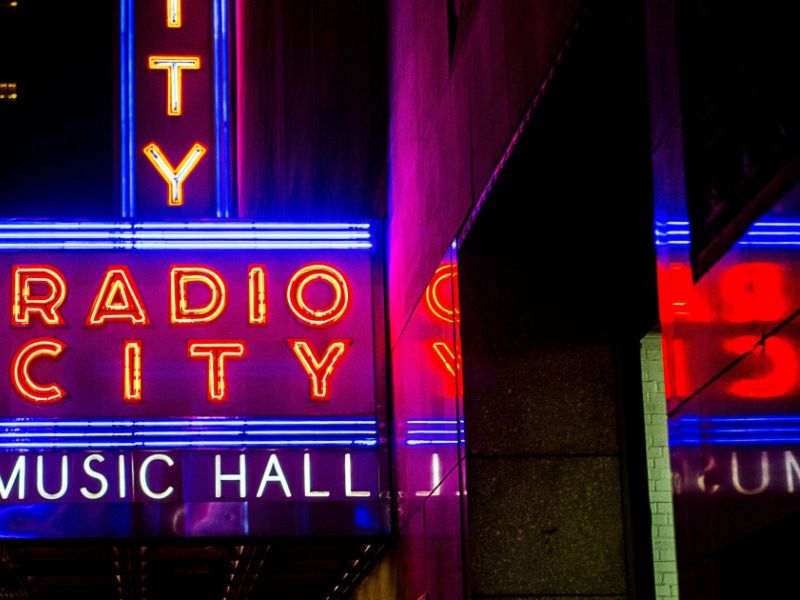MUSICIANS, GET YOURSELF SOME REFERENCES...NOW!

References defined: Having references from reputable firms or well-known sources can greatly increase your chances of cooking the competition when pitching yourself to potential clients. If you don't know what a reference is here is brief outline relevant to musicians. "A written statement about how you performed at a given venue" A special point to note is that it doesn't necessarily have to contain only references to your onstage abilities. A reference can also detail how well-organized you were, how easy you were to work with, or how great you or your band was at boosting revenue for the venue. How important is a reference? As a 'stand alone' document, the importance of a reference is easy to overlook or dismiss as superfluous to your needs. But this is absolutely not the case. When juxtaposed with the other components of your press kit the addition of references is like whipped cream on top of Mommas' hot apple pie. Although your ability to play great music may seem to be the single most important factor for a client deciding to award you a contract or not, it is merely a subset (albeit a very important subset) of the superset of factors and considerations that a client will take in to account when assessing your merits or suitability for a venue. Clients usually want cherries, whipped cream, ice cream, chocolate sauce AND Mommas' hot apple pie when they are assessing how tasty you are. Different clients place importance upon different facets of you and your music in accordance with their goals, image, and needs as required by their venue. Some clients value 'friendliness and personalities' very highly because public relations and drinking with customers is a critical element of their bars' success. So during breaks it is good to be out drinking and socializing with guests, roaring and partying as if there was no tomorrow. Other gigs are quite different. The clients may value discretion and a more subdued approach. If you are not invited to sit at a guests' table then you are expected to make yourselves scarce during breaks. Some gigs are in between. You should always relate with your agent or the management of the venue to know clearly what are their expectation and comply with their expectation. Clients can give you references and will usually give you a glowing one if you did a good job.Most managers will even let you write your own reference and they will endorse it with a signature after you have written it. This of course has multiple benefits in that it gives you complete artistic license to write something great about yourself and or your band, saves the manager time, and as long as it is truthful and not misleading it will immeasurably enhance the appeal, respectability, and 'tastiness' of your press kit. How many references do you need? Two or three references are all that you need to include in your press kit. There are some press kits and promotional materials that contained twenty or thirty references dating back as far as fifteen years! Whilst there isn't really anything wrong with that, it can be viewed as overkill and trying a little too hard to impress. A couple of well-chosen, recent references from reliable sources that portray you to be 'the last word in any venues' success should suffice. A client will ask for more if they feel compelled to dig a little deeper into your history. Tips for creating and securing a great reference: 1. Ask the person responsible for giving you a reference to write it and/ or sign it BEFORE your contract finishes or at the end of the night when you are receiving your payment 2. Ask them to keep it short and concise. 3. Ask them to formalize it by writing it using the letterheads and company images, logos etc of the venue 4. Ask them to provide their contact details just in case clients of the future want to contact them to confirm the validity of the reference Character references: If you don't really have any references about your performances your next best step is to get some character references. A character reference informs people about who you are as a person, your attitude to work, diligence, appearance, reliability etc. A character reference can enhance and underpin work references and if you don't have any work references per say, it can help to fill in the blank spot in your press kit where work references would usually be. Sources: 1. A teacher or Principal of your school, University, College 2. Your music teacher 3. A leader at your respective religious institute (if you are a religious person) 4. An employer* 5. A person held in high esteem in the community that knows you personally (e.g. the butcher, the baker, or the candle-stick maker) * employer in this section is because there is a good chance that you have done some non-music related work at some time and they can provide you with a non-musical reference. Also worthy of mention is the point that people that provide you with a character reference should have known you for a period of years. In most cases a client will not call a person that you have used as a referee, but it can happen and you should be prepared for that. Therefore it is in your best interest to be honest in all matters when seeking out a referee and subsequently including their reference in your press kit. Conclusion: Don't forget about the inclusion and importance of good, solid references when you are compiling your press kit. In comparison to the other components of your press kit a reference is one of the easiest and most powerful items that you can procure. A good reference will provide a client with an external and purportedly unbiased appraisal of you as a musician and as a human being. It can bolster your credibility and give you some much needed third party support in your bid to winning a contract or a gig. Written by Joshua Rogers





